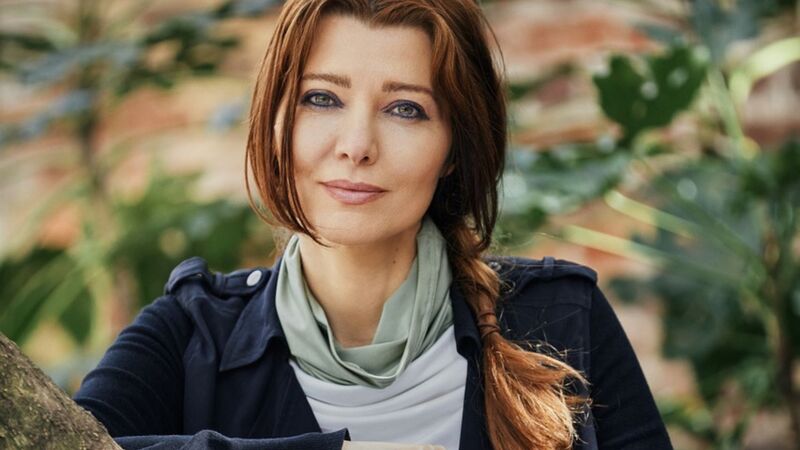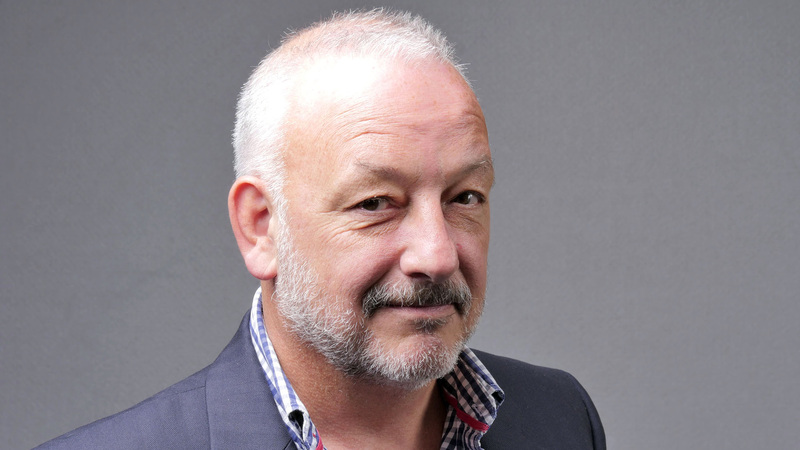You are viewing your 1 free article this month. Login to read more articles.
Submissions heat up ahead of LBF
The London Book Fair, which runs next month (12th–14th April) is getting “more significant all the time”, with the British event still very much a place where deals are cut, publishers have told The Bookseller.
Submissions have already started flooding into publishers, with notable trends in fiction being historical fiction, books with an untrustworthy narrator or complex female character, and novels set in the Middle East. In non-fiction, there are a lot of proposals around the refugee crisis and “Brexit”, while many children’s submissions are on themes of race and sexuality in fiction and “child entrepreneur” titles in non-fiction.
David Shelley, c.e.o. of Little, Brown and Orion, said: “I think LBF is getting more significant all the time. I’m aware there are more foreign publishers coming into town every time, the Americans come now and it really feels like a fair to rival Frankfurt. I think certainly in terms of books, there are noticeably more every year—and more big submissions. I do feel that there is a real buzz about it and that [buzz] seems to be growing all the time.”
Jeremy Trevathan, publisher at Pan Macmillan Adult Books, said 2015 marked the first time in several years a positivity had returned to the business, with 2016 appearing already to be riding on a similar wave of optimism. “Last year was a turning point, I think, and it just feels like there will be more of the same,” he said.
Trevathan added that there was an excitement around LBF because the event was still a place where deals are struck, unlike the Frankfurt Book Fair, where most deals are completed beforehand. “I think it’s more of a straightforward ‘business’ fair than Frankfurt,” he said. “I think at LBF there is a bit of business done before, but an awful lot happens at the fair too. I think it’s very useful, and it’s much more manageable than Frankfurt for its purpose.”
Patrick Walsh, agent at Conville & Walsh, agreed that the confidence in the market had returned: “The Europeans have been behind the English market, several years behind, and I think that’s growing. One of the great things coming out of Europe is that European publishers seem a lot happier to offer increasing royalty scales and royalty escalators on digital sales— that’s something we would love to see more of in the UK.”
Kimberley Young, publisher at HarperFiction, said she was looking for books that “punch through the crowd”, at this year’s LBF, “whether that’s through genre, profile, platform or just through good old-fashioned storytelling,” she said. “I’m not looking for something I feel I’ve read before.” Clare Hey, Simon & Schuster editorial director, said: “I am getting a lot of historical fiction—a knock-on from the success of The Miniaturist and Burial Rites.” Eleanor Dryden, publishing director at Bonnier Zaffre, said: “Trends are still focusing around issues of who to trust, of unreliability of voice and of secrets from the past threatening to undermine the present.” She added: “We are thrilled to see more and more strong, complex, unapologetic and multilayered female characters, narratives and authors in every genre. We welcome that. More please!”
Agent Lorella Belli agreed that submissions about unreliable narrators were still popular, along with psychological thrillers and domestic noir. “These books are clearly selling strongly but publishers are being very picky as there is a lot out there already,” she said. “In non-fiction, we are seeing a lot of proposals dealing with immigration, the refugee crisis and current affairs in general, both personal accounts, ghostwritten, or by journalists. I would love to take on something brilliant in this area.”
Georgina Morley, editorial director at Pan Macmillan, said she was looking for “more of the same—but better”. She added: “I’m always looking for serious history of the right kind. We have bought a couple of very smart young women historians in the past six months and I would like to find more of them, because if you look at the top 10 of the history charts, it’s very boy-heavy. It would be nice to balance that out—with the honourable exception of Mary Beard, it’s quite chap-heavy.”
In terms of the fair’s position so close to the Bologna Book Fair, which takes place the week before (4th–7th April), Kate Wilson, founder of children’s publisher Nosy Crow, said: “From a UK and export sales perspective, it’s a great fair. From a rights or co-editions perspective, it’s less important than Bologna—to which, this year in particular, it is painfully close—or Frankfurt. Most of our potential customers attend either Bologna or London, and most of them choose London.”

















